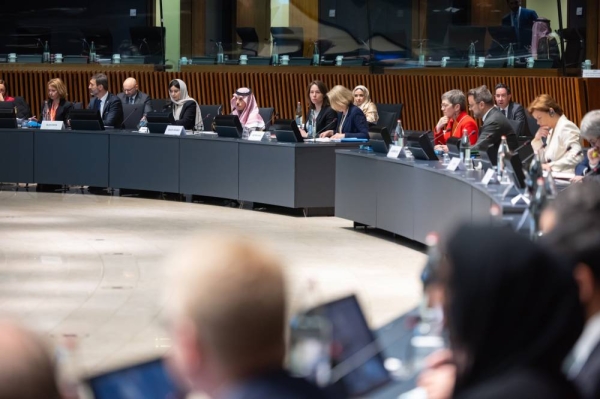
Russian Foreign Minister Sergei Lavrov met Iranian President Ebrahim Raisi and Foreign Minister Hossein Amir Abdollahian, at the start of a two-day visit, during which he will discuss the war in Ukraine, regional security and the Iranian nuclear talks.
In a statement, the Russian foreign ministry said that discussions with Iranian officials would focus on the nuclear agreement and the war in Ukraine, Syria and Yemen.
The Iranian Foreign Ministry announced Lavrov’s visit on June 13, but Moscow did not confirm the news until the eve of his trip.
“Tomorrow, Lavrov will visit Iran,” the permanent Russian representative to international organizations in Vienna, Mikhail Ulyanov, said on Twitter.
The Russian foreign minister is scheduled to hold detailed consultations with Abdollahian on Thursday.
On his agenda are issues pertaining to the signing of a long-term bilateral cooperation agreement and work to expand economic contacts amid the increasing Western sanctions, as well as the developments in the Ukrainian war.
Lavrov’s consultations with his Iranian counterpart fall in the context of the nuclear talks in Vienna between Iran and the great powers (Russia, the United States, China, France, Britain and Germany).
Intermittent 11-month talks to revive the agreement were suspended in Vienna last March after Russia requested US guarantees that its trade with Iran would not be affected by sanctions imposed on Moscow over the Ukraine crisis. Moscow later said it had received written guarantees that it would be able to assume its role as party to the agreement, which suggests that Moscow may allow the revival of the talks.
The Iranian circles in favor of the nuclear agreement criticize Russia for “obstructing” the nuclear talks, but the negotiations became more complicated after Tehran stipulated that the Revolutionary Guards be removed from the list of terrorist organizations.
This is the first meeting that brings together Abdollahian with one of his counterparts from the signatory countries to the nuclear agreement, after the Board of Governors of the International Atomic Energy Agency condemned Tehran’s failure to respond to the IAEA’s questions regarding the presence of traces of enriched uranium in undeclared sites.
Russia, along with its ally China, voted against the resolution put forward by the United States, France, Britain and Germany.












